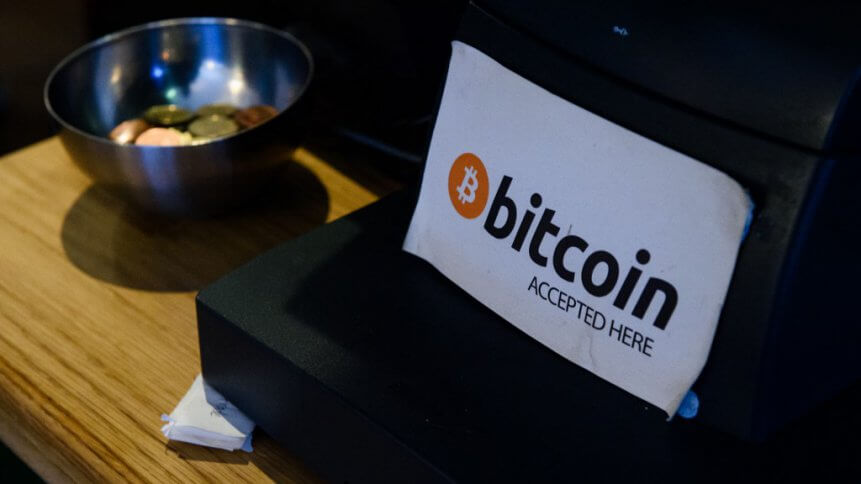Should your business accept Bitcoin?

- With its valuation and public perception at an all-time high, should more businesses be accepting Bitcoin as a payment method?
Bitcoin soared to new pricing highs by the end of November 2020, and today (January 5) the flagship cryptocurrency is now worth in excess of US$30,000. With the digital asset’s value at an all-time high, businesses must be wondering whether it’s time they began processing Bitcoin payments?
Unlike the previous Bitcoin value peaks in 2013 and 2017, this time the price hike doesn’t seem to be buoyed by community hype so much as the growing interest of large institutional investors like Morgan Stanley and Blackrock.
“Amidst the current Covid-19 crisis, people are looking into means of investment that yield better returns compared to savings in bank deposits,” said Geton Ecosystem’s CEO, Milan Kozlevča.
Microsoft, Wikipedia, AT&T, and a slew of other big firms have started accepting Bitcoin, along with at least a third of small and medium businesses in the US.
Besides literally accepting Bitcoin as payment means for goods or services, businesses can benefit from the digital currency in other ways that can also help support and grow the business. Here are a few of the key advantages worth revisiting.
Security
It goes without saying that transaction security is a paramount concern for financial services. Bad actors can target accounts or perform fraudulent transactions, and most systems can be compromised with enough effort and resources.
Bitcoin circumnavigates this issue by firstly, having a high degree of encryption, and secondly, storing all of the sensitive account information on the immutable blockchain. This means that all transactions concerning those accounts can only be viewed and recorded – they cannot be reversed or refunded like other transactions. Not only does this make Bitcoin payments hard to extract, but the records can be viewed safely and without tampering on the blockchain.
Lower fees
Unlike many card-based payment fees structure that lock businesses in with steep credit terms, Bitcoin allows a varied selection of fees to help monitor and control expenditure. Furthermore, there are no banks or other middleman charges, as there is no middleman. In fact, there is no fee for accepting Bitcoin at all, only sending it.
YOU MIGHT LIKE

Libra struggle highlights Bitcoin ‘raison d’etre’
Global reach
By dealing in Bitcoin, businesses open an additional marketing avenue to enhance their brand awareness – simply by positioning themselves as the forward-thinking one in their particular niche of industry or commerce.
The possibility of making and receiving payments in Bitcoin also opens up the business to a whole new segment of client that prefers to transact in cryptocurrencies, but particularly in Bitcoin as it becomes more and more recognized as an intrinsic store of value, digital gold.
It makes sense to add Bitcoin as a payment option for international and domestic clients, as there are cost savings and the added security to be gained, the fact that certain international companies prefer Bitcoin-only transactions notwithstanding. There definitely appears that there is more to be gained than lost when it comes to accepting Bitcoin payments.









